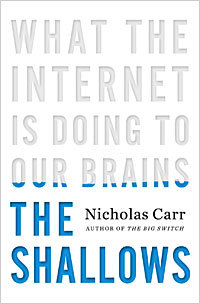Globalization question
Information sociology
2015048986 천병헌
Q1. looking at this traditional, print media (magazine), how useful it is for learning about globalization? Is it better or worse compared to new online media like twitter?
Through print media(magazine, hand out), we learn the theoretical knowledge of learning globalization.
We can learn about the definition, background, and related theories of globalization systematically. In addition to this knowledge, readers can focus on reading about globalization. In relation to this, I read a book called "Amusing Ourselves to Death of Neil Postman" and "The Shallows of Nicholas Carr". The summary of the two books is as follows. Through the news of events and accidents within a minute, we experience show business. If we don't have fun, turn the channel. In other words, the world's events are packaged, produced and sold within a limited period of time. Also, they gain knowledge easily through internet browsing rather than reading, underlining, and gaining knowledge. Spending on printed publications, coupled with increased Internet usage, is also dwindling. Particularly, reading newspapers and magazines is also declining, and reading books is also the same. In online, we have shallow learning, scrappy thoughts, and superficial learning.
 |
| source : Wikipedia |
 |
| source : Wikipedia |
Based on the content of these books, when we think about learning globalization through print media, people will become more focused. Because when we encounter a well-organized global version of globalization, people can focus on it and form a solid knowledge. But social media is not just bad. People have come to love provocative things. So, the frame has been changed for the time being. People talk about global events, and people share opinions through SNS like Facebook. In particular, because globalization can not be clearly defined, it is a chance to interact with various people in social media. Print media or social media have pros and cons of each other. In fact, they should combine the merits of each other rather than highlighting the shortcomings of these two media. It is important to combine the advantages of organizing a systematic cleanup of print media and the advantages of dialogue to communicate various opinions about the globalization of social media. If these benefits are combined, knowledge, concentration, sharing and collective intelligence will be well demonstrated.




No comments:
Post a Comment